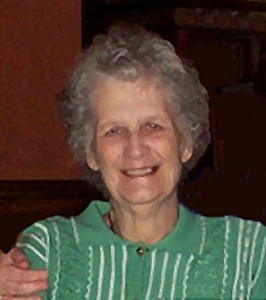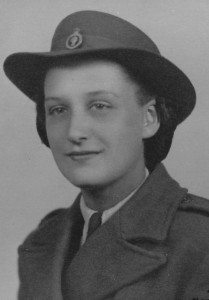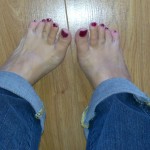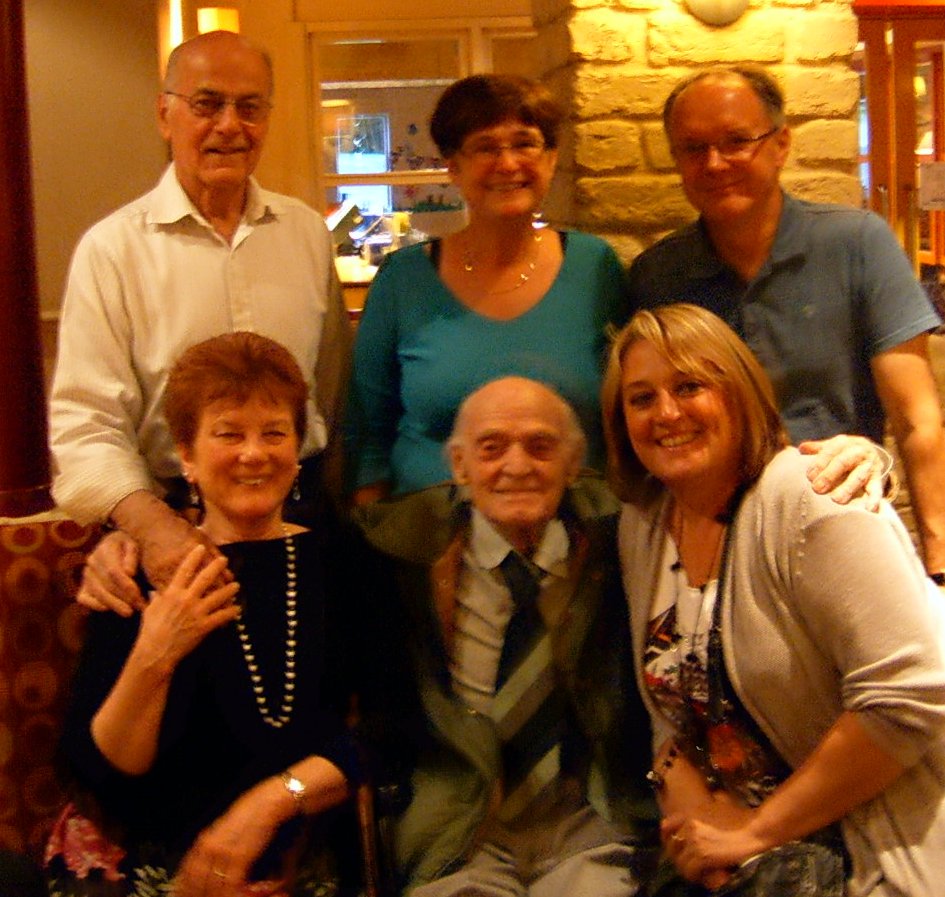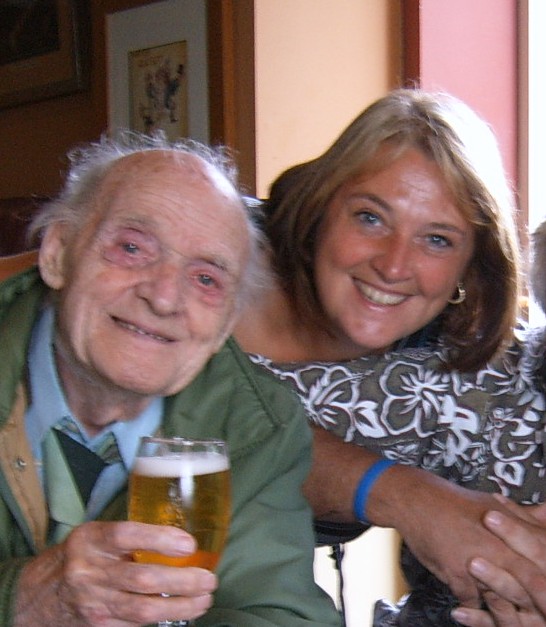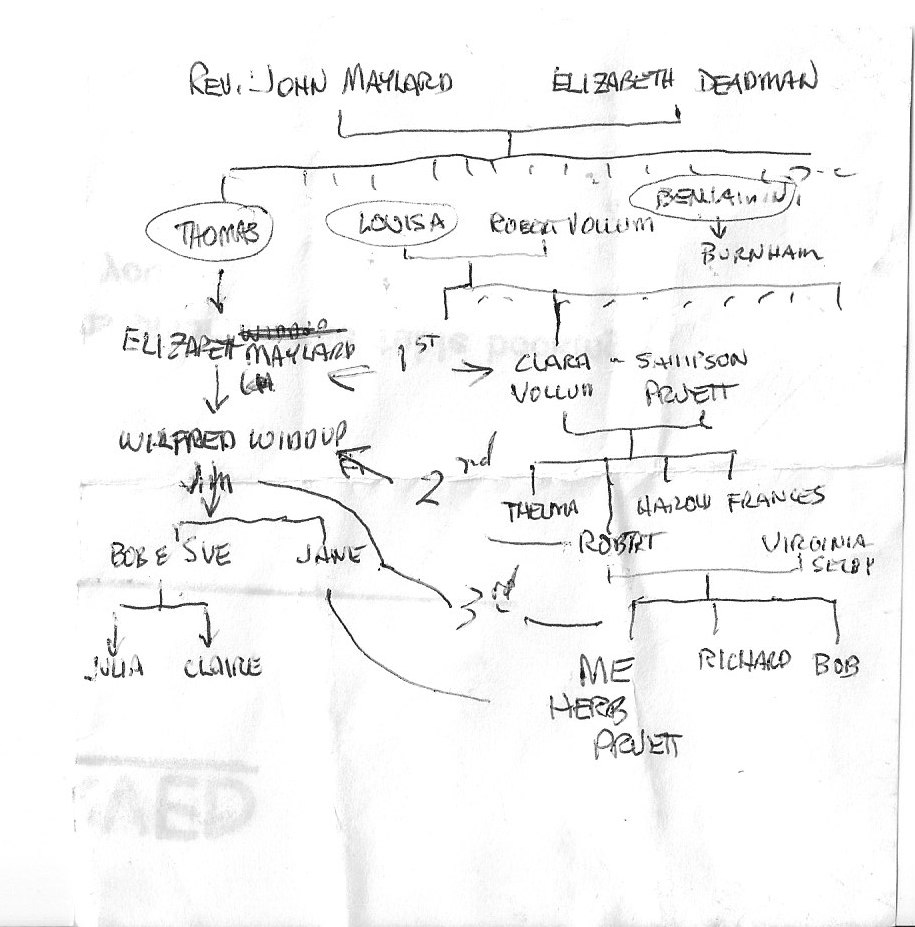Dad has lived on his own 10 years. On February 14 2011 he’s 94.
Which is bloody marvellous if you think about it. For those ten years he’s only had one leg. Luckily he has a wheelchair too, which helps, otherwise getting about would be a little tricky.
Every week – I’ve missed a handful – I’ve tootled over to Burnley to see him. I used to see him and mum, but she left us 10 years ago in a fug of dementia and cancer.
That’s when dad became just dad, no longer part of the always-there 55-plus-years partnership that was “mum and dad”. I’d never have thought dad would still be there for so long, living in his wheelchair-converted home on his own.
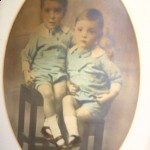
But he has a character made of iron. A man born during the first world war and in the RAF in the second was not going to back down faced with losing a leg and a wife in the space of 18 months.
So it’s been for ten years, that I’ll go to see him on a Saturday, bearing the hugely important gifts of fish, chips and pies. my sister goes on a Sunday. Up to a couple of months ago things were hunky dory-ish.
Dad’s Saturday afternoon routine was to endlessly watch snooker; tune in Radio Lancashire; check he had a tape; record the Burnley match; tap on his laptop (yes… at the age of 93) and update his excel document on Burnley’s fixtures and goal difference. “Because Burnley Football Club know I’m doing it and will want it you see.”
His stories we’d all heard many times before; about football, Harry Potts, working in breweries … every Saturday there was an anecdote with a finger-jabbing determination.
My biggest problem has been avoiding my big toe being run over as he went en route for more vinegar.
Don’t get me wrong. Dad is the most frustrating man I know. We’ve had a love-hate relationship all my life.
But as Ive got older in parallel with his aging, I’ve learnt to soften when his grumpiness has come out. His frustration at not being able to get out and about as he’d like; his constant, constant conviction that he could drive if someone let him; that he would still be able to give any Burnley centre half a good run for their money even in his wheelchair. Which may be true.
I’ve even joked with him that given a chance he might be capable of getting his leg over. Singular. We’ve chuckled.
But a couple of months ago the subtelty of the clock ticking away the years began to make its mark. It’s been a long horrid winter for all of us; punctuated with a Christmas that certainly in our family we’ll remember for a long time as the whole family got together for the first time in 25 years. For dad. As my sister said, inviting us all, he’s becoming more and more frail.
To see a little old man’s tiny tiny frame tucked up in bed, in the dark, on a Saturday afternoon, as I’ve arrived in recent weeks bearing the best a Lancashire chippie can offer has been, if anything, humbling.

He spoke to me yesterday about not seeing people he knew; his friends no longer with us; staring at the same four walls for hours at a time; being confused when he wakes up that he struggles to remember snippets of his life (and what a long life). And a little frightened to be honest.
Imagine you as you are now. Perhaps watching footie – Blackburn and WBA are on as I write. Going out with friends tonight. Deciding whether to walk to the corner shop for a paper and some tinnies. Texting a mate: You coming round? What’s for tea. Curry or a roast. Walking round the block with the dog.
Then put yourself in a room. It’s dark. You’re tired, no friends to ring, no walks round the block, not being bothered to read. Can’t even be enthused to switch on the laptop. Or the television. Things are, well, getting a bit too much effort.
It’s very sad. I’m not too sure if I like this growing old malarky.
